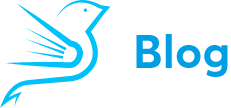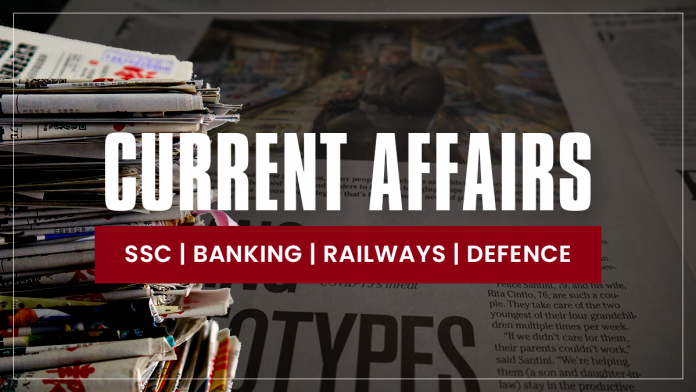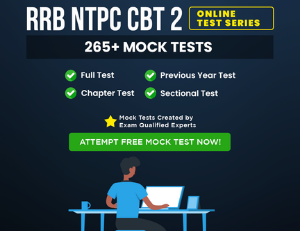Dear aspirants, welcome to the Hranker Current Affairs section. Here you can read the latest current affairs 2021 and get daily updates of the top current affairs for all competitive examinations like RBI grade B, SSC, IBPS, RRB etc. You can also check Today in History important historical facts of the day.
1. The World Bank slashed India’s GDP from 8.7 percent to 8 percent.
A) The World Bank, India’s household consumption will be constrained due to the labour market’s incomplete recovery from inflationary and COVID-19-related pressures.
B) According to the Asian Development Bank, India’s growth rate of 7.5 per cent is based on strong investment prospects for the financial year 2022-23.
2. Recently, the Indian government has decided to exempt all customs duties on the imports of cotton.
A) This exemption announced by the government will be benefiting the textile chain- fabric, made-ups, yarn and garments.
B) This will help in reducing the prices of the commodity which will help this industry.
C) The exemption of the Agriculture Infrastructure development Cess and Customs Duty for import of cotton has been notified by the Central Board of Indirect Taxes and Customs (CBIC).
3. Neptune is a Ukrainian anti-ship cruise missile that was developed by the Luch Design Bureau.
A) The design of this missile is based on the Soviet Kh-35 anti-ship missile.
B) This missile system consists of a USPU-360 truck-based mobile launcher, a TZM-360 transport vehicle, four missiles, RCP-360 control, a command vehicle, and a special cargo vehicle.
4. On the 14th of April World Chagas Day is observed annually.
A) This day is celebrated to raise awareness about this life-threatening disease that can cause digestive and heart issues.
B) On 14th April 2020, this day was first observed to generate awareness regarding the people who are suffering from the disease.
5. India has been elected to four major bodies of the United Nations Economic and Social Council (ECOSOC).
A) ECOSOC is a body of 18 independent experts that looks to monitor the International Covenant on Economic, Social, and Cultural Rights by its State Parties implementation.
B) This committee lays down the rights to adequate education, adequate food, housing, health, sanitation, water, and work.
6. Tesla CEO Elon Musk has offered to buy Twitter for 43 billion dollars.
A) He believes in Twitter as I believe in its potential to be the platform for free speech around the globe.
B) Twitter said it has received Mr Musk’s offer and will decide whether it is in the best interests of shareholders to accept or continue to operate as a publicly-traded company.
7. Government approves a total of 61 projects under the PLI plan for textiles.
A) The project turnover from the approved projects is Rs 1.84 lakh crore over five years.
B) The government approved the PLI Scheme for textile and provided the PLI scheme for textile products to enhance manufacturing capabilities and exports from the country of select manmade fibre products.
8. Recently, R Praggnanandhaa won the prestigious Reykjavik Open chess tournament with 7.5 points from nine rounds.
A) He defeated compatriot GM D Gukesh in the final round to emerge a sole winner.
B) The Kvika Reykjavik Open is a 9-round Swiss tournament held from 6-12 April 2022 in Reykjavik.Iceland.
9. The Indian Air Force and Indian Institute of Technology Madras signed a memorandum of understanding for technology development and finding an indigenous solution for the sustenance of various weapon systems.
A) The joint partnership between IIT Madras and IAF aims to achieve ‘Atmanirbhar Bharat’.
B) According to the Ministry of Defence, IIT Madras will provide consultancy duly supported by research for feasibility studies and prototype development.
10. The International Monetary Fund (IMF) has launched the Resilience and Sustainability Trust (RST) to come into effect on May 1, 2022.
A) The Trust aims to help low income and vulnerable middle-income countries.
B) The Resilience and Sustainability Trust (RST) will amplify the impact of the 650 billion dollar SDR allocation implemented last year by channelling resources from economically stronger members to countries where the needs are greatest




